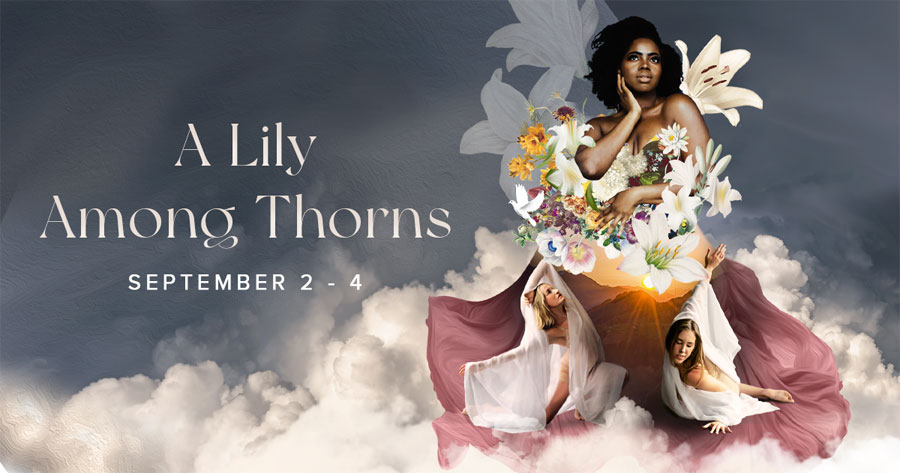Agostina Migoni ('15 M.M.) and Bethany Mamola ('19 D.M.A.) were auditioning in Berlin when they began talking about how burnt out they felt from the travels and struggles of classical musicians.
They wanted an organization that broke down barriers -- such as underrepresentation and foreign languages -- and worked in intimate settings and collaborated with a range of artists.
So they created the Das Blümelein Project. "Das blümelein" means "flower bud."
"For us that represented what the project was -- this small idea," Mamola says. "We knew it was special. We know it's going to unfold bigger than ourselves."

